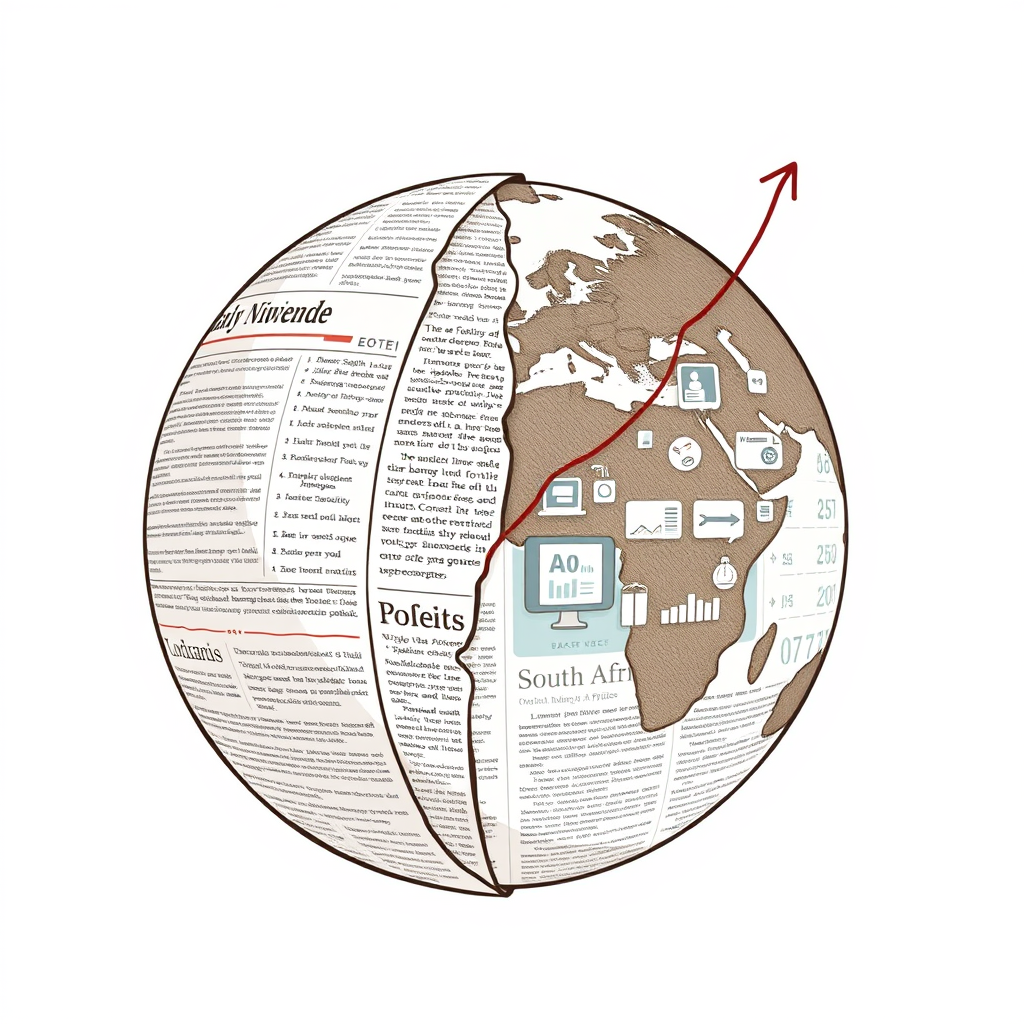Poland & South Africa’s News Transformation Strategies

Two leading news organizations, Poland’s Gazeta Wyborcza and South Africa’s News24, are demonstrating how established publishers can successfully navigate the challenges and opportunities of a mobile-first, digitally-driven news landscape. Their experiences, shared at WAN-IFRA’s recent World News Media Congress, highlight a common thread: a fundamental shift in mindset prioritizing journalism itself over the delivery platform, and a willingness to embrace both technological innovation and strategic restructuring.
Gazeta Wyborcza, a publication born during Poland’s transition to independence in 1989, has undergone a significant digital transformation. Implementing a metered paywall in 2014 proved crucial, now generating over 50% of its revenue from digital sources – a necessity given the dramatic decline in print circulation from half a million to just 35,000. The organization has flattened its structure to break down silos, providing journalists and editors with data analytics tools to inform their work. A notable strategy involves a reduction in daily article output – from 250 to 150 – acknowledging that quality and impact are more important than sheer volume, a lesson echoed by their counterparts at Le Monde who publish only 100 articles daily. Gazeta is actively exploring new formats, including audio articles powered by AI, and focusing on digital literacy initiatives in collaboration with the government to combat misinformation.
News24, South Africa’s largest news site and subscription publication, represents a different, yet equally compelling, evolution. Part of the multinational Naspers Group, News24 initially erred by offering its content for free online, a mistake they are still rectifying. The organization underwent a major restructuring, consolidating its various divisions and embracing a fully digital, mobile-first approach. This involved closing iconic print titles and integrating them into existing digital publications. A key to their success has been scaling through bundled subscriptions – News24 in English and Netwerk24 in Afrikaans – and democratizing data access, providing even junior reporters with insights into story performance.
Both organizations emphasize the importance of adapting to an uncertain future. Adriaan Basson, Editor-in-Chief of News24, succinctly captured this sentiment: “The biggest revolution…was that ultimately, it’s not about the format; but it’s about the journalism.” This principle guided their decision to prioritize investigative reporting and quality journalism, regardless of the platform.
Both publishers are actively experimenting with AI. Gazeta Wyborcza utilizes AI for audio article creation, while News24 has established an AI Lab focused on internal analytics tools and enhancing storytelling. News24’s visual investigation, “Final Footsteps: The Kirsten Kluyts Murder,” exemplifies this commitment, leveraging collaboration with a technology company specializing in 3D modeling and drone footage to create an immersive experience.
These case studies demonstrate that successful digital transformation isn’t simply about adopting new technologies; it’s about a fundamental shift in organizational culture, a commitment to quality journalism, and a willingness to collaborate and innovate. The future of news clearly lies in embracing these principles, and both Gazeta Wyborcza and News24 are providing valuable blueprints for others to follow. It’s a hopeful sign that established news organizations can adapt and thrive in the digital age, but it requires decisive leadership and a willingness to challenge traditional norms.